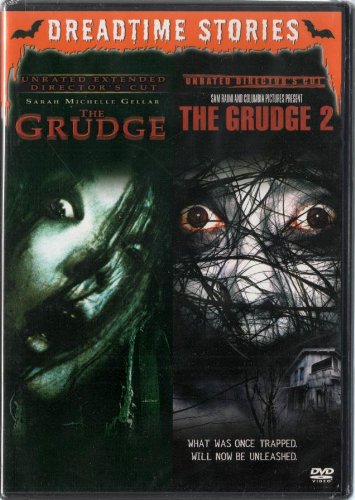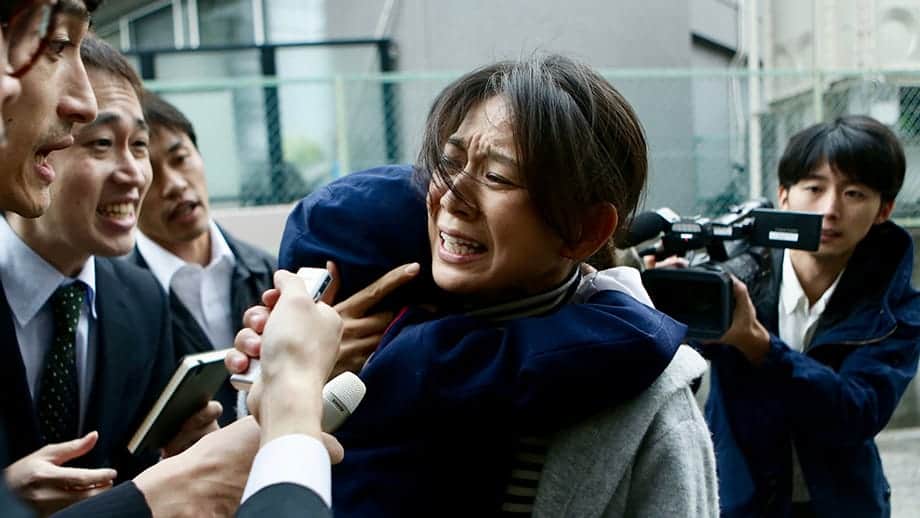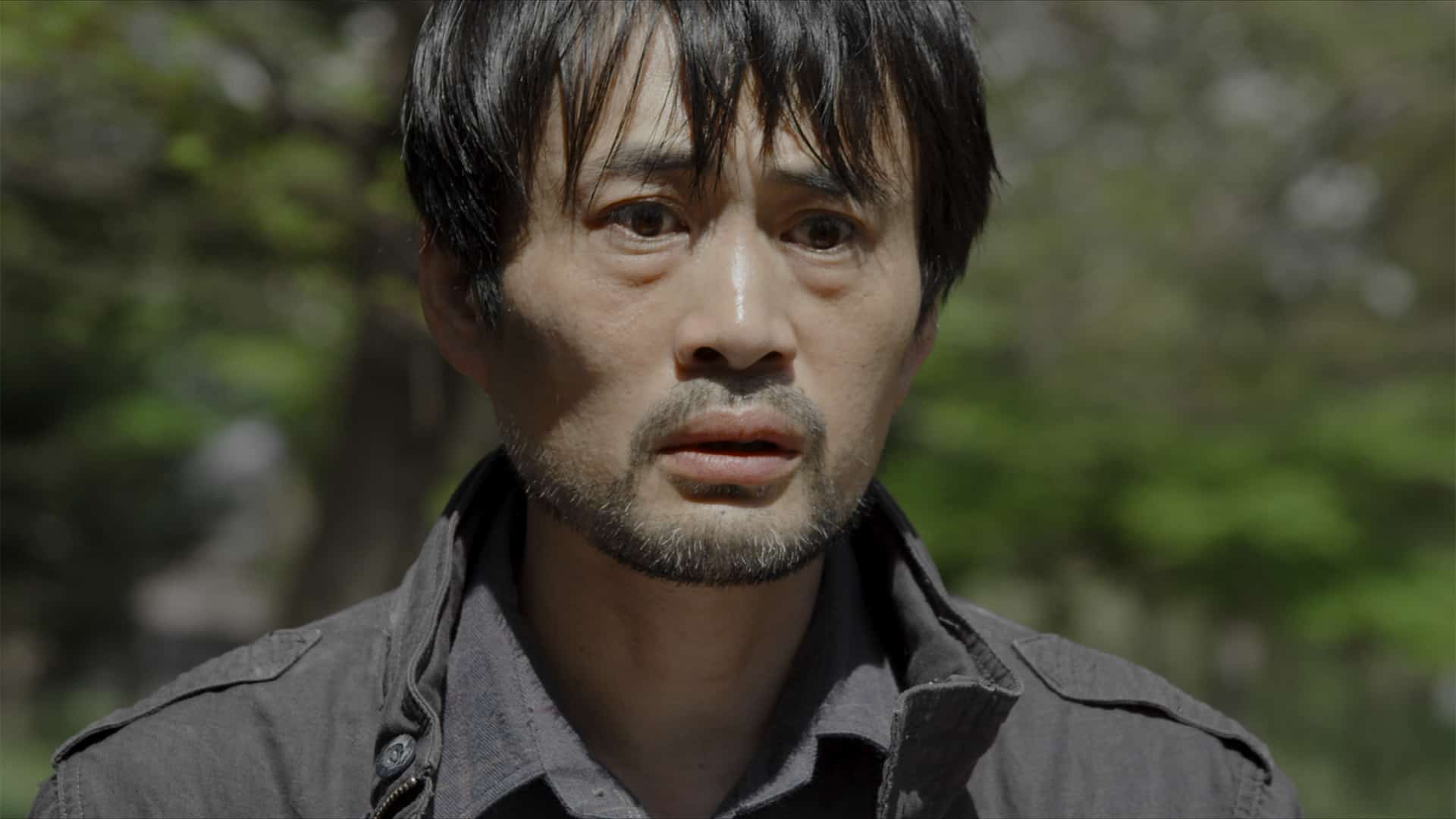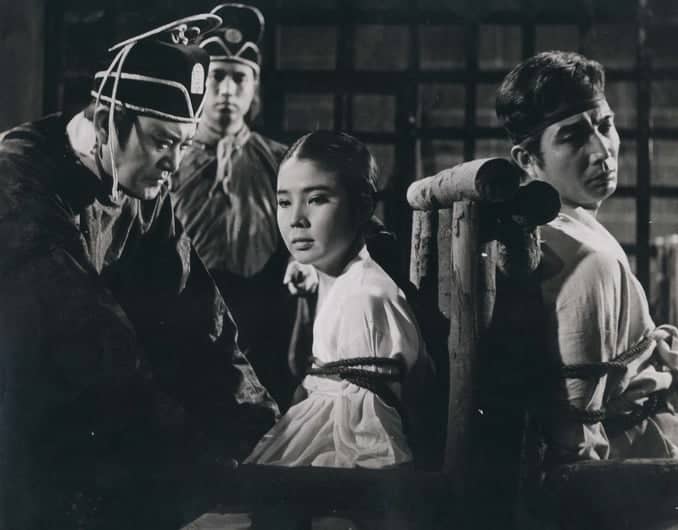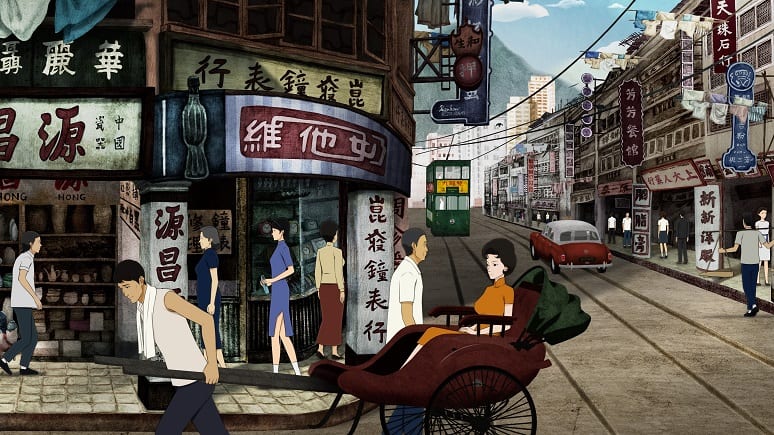After the great box office performance of its predecessor, “Ju-On: The Grudge”, it was only a matter of time before the inevitable sequel would be released. Whereas you could (with some justification) debate the quality of sequels within the realm of J-horror as many of them failed to re-capture what has made the first films special, most of them have at least managed to implement some interesting thematic concepts which have become part of the franchise as a whole.
Buy This Title
In the case of “Ju-On: The Grudge 2”, writer and director Takashi Shimizu achieved something quite unique with his decision to make what is essentially a meta-film, a film within a film, or a movie about movies, depending which approach you prefer. However, Shimizu has stayed true to the anachronistic, episodic narrative form which has become a trademark of the franchise.
For the majority of its running time, the film revolves around Kyoko Harase (Noriko Sakai), an actress known for her roles in horror movies, giving her the reputation of a “scream queen”. After she has starred in a television show dealing with a presumably haunted house in Nerima, Tokyo, she and her fiance Masashi (Ayumu Saito) are involved in a tragic accident after which she loses her baby and Masashi falls into a coma.
While Kyoko tries to recover from the tragic events, but tragedy strikes again as her mother dies shortly after her daughter's return from the hospital. When she learns about being pregnant again, she is overjoyed, but also has a rather dark premonition about the origin of the life inside, especially after having visions of a strange, white-faced child and a horrifying ghost which keep tormenting her. As Keisuke (Shingo Katsurayama), the director of the television show she starred in, tells her about the strange events following the shoot, Kyoko feels her greatest fears may have become reality and she will give birth to something evil.
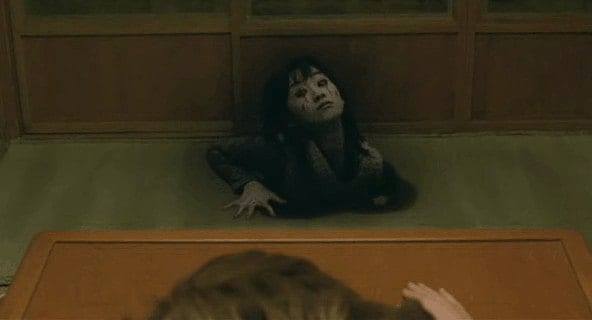
Whereas its predecessor was a film dealing with social isolation and corrosion, this film seems to take a look at the media exploiting tragedy. The repeated hints at the “movie within a movie”, the TV feature Keisuke directs with Kyoko starring, reveal the various tactics of artificially creating dread. Many scenes, such as Keisuke asking his star to say she “feels a presence” when touching the door to the house, emphasize how the media industry exploits tragedy while creating a sensational narrative. Following the logic of “if it bleeds, it leads” the story of Kayako and her son Toshio, who have been brutally slain and are said to haunt (and eventually kill) those who enter the house, are just the right kind of cannon fodder the media is greedily looking for.
Nevertheless, Kayako, much like Sadako from the “Ring”-franchise, has become unbound by time, place, and even the medium of film in a way. Shimizu and cinematographer Tokusho Kikumura frequently utilize the ghost's perspective, showing hovering over the streets of the Japanese capital out for her next victim. The overall effect is similar to the unbound camera used in features such as Sam Raimi's “Evil Dead”, albeit without ever having the same kind of dynamic and sense of menace. At the same time, Shimizu's film manages to pierce the notion of safety and stability, which the ghost destroys (or attacks) in a way which is at least unique within the franchise.
In the end, “Ju-On: The Grudge 2” is a film with interesting ideas, but lacking the confidence to fully execute them. While it employs the features which have made its predecessor unique, it also repeats its flaws, above all a rather confusing storyline that, despite its creepy atmosphere, is at times quite illogical and even nonsensical.



